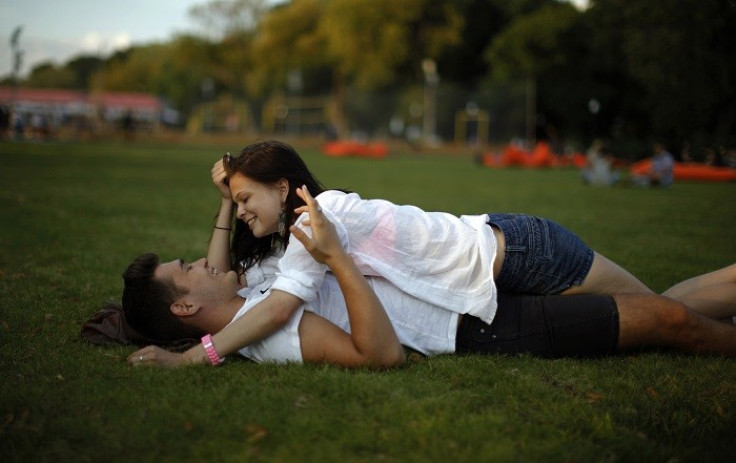Men Regret Missed Sexual Opportunities More Than Women, Says Study

Most men spend their lives regretting not making a move on people they found attractive, a new study has revealed.
Women, however, more frequently regretted picking the wrong person as a sexual partner.
Researchers from the University of California-Los Angeles and the University of Texas surveyed 25,000 people about their sex lives. The results suggest that regret is an important part of modifying and improving future relations between the sexes.
They found the top three regrets among men tended to focus on missed opportunities.
A full 27% of men quizzed regretted being too shy to make a move on a potential sex partner; the two other most common regrets were not being sexually adventurous enough when young (23%) or single (19%).
Women's top regrets were losing their virginity to the wrong person (24%), cheating on a partner (23%) or moving too fast sexually (20%). Women were also more likely (17%) than men (10%) to regret having sex with an unattractive partner.
UCLA psychology professor Martie Haselton said: "For men throughout evolutionary history, every missed opportunity to have sex with a new partner is potentially a missed reproduce opportunity - a costly loss from an evolutionary perspective.
"For women, reproduction required much more investment in each offspring, including nine months of pregnancy and potentially two additional years of breastfeeding.
"The consequences of casual sex were so much higher for women than for men, and this is likely to have shaped emotional reactions to sexual liaisons even today.
"We now have reliable methods of contraception, but that doesn't seem to have erased the sex differences in women's and men's responses."
The findings were published in the academic journal Archives of Sexual Behavior and included straight, gay, lesbian and bisexual men and women.
David Buss evolutionary psychologist from the University of Texas, said: "Prior sex researchers have focused primarily on the emotion of sexual attraction in sexual decisions.
"These studies point to the importance of a neglected mating emotion - sexual regret - which feels experientially negative, but in fact can be highly functional in guiding adaptive sexual decisions."
© Copyright IBTimes 2024. All rights reserved.






